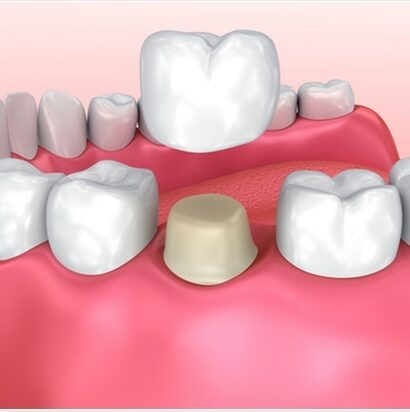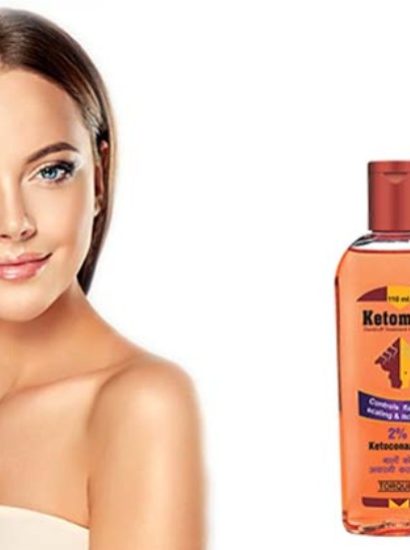The first step towards buying a health insurance policy is factoring in the costs that you are currently bearing on your medical needs while estimating future financial needs at the same time. No matter how carefully you estimate the cost while purchasing a policy, these can escalate in no time considering healthcare and lifestyle-related expenses are always on the rise.
In such times, instead of extending the base coverage, you should ideally opt for a top-up health insurance plan. This essentially serves as an add-on coverage, over and above the base policy.
What is a health insurance top-up plan?
It is a conventional health insurance policy that provides coverage for hospitalization-related expenses but only after a threshold (referred to as deductibles) has been surpassed. Deductibles refer to a certain portion of the claim amount that would have to be borne by you (policyholder) and not the insurance company.
Higher the deductible, lower would be the insurer’s payout in the event of a claim. This automatically translates to a lower premium as well.
All in all, a top up health insurance is an effective tool to step up base coverage of the conventional health insurance policy.
All you need to know before buying a top-up health insurance plan
- How to buy a health insurance top-up?
You can choose to buy it either from your current insurer or decide to switch to another insurance company. Most leading insurers offer top-up health insurance plans, and you can get your online quote once you’ve clicked in the basic details.
- Minimum entry age
In this case, while minimum age of entry is 18 years, maximum limit is usually 80. On the other hand, dependent children can be covered under the policy at a minimum age of three months; whereas maximum entry age for them is generally 25 years.
- Opting for the right deductible amount
You would have to specifically mention the deductible amount prior to purchasing a top-up health insurance plan. Should you decide to file a claim, you would have to shell out a sum equivalent to the deductible you opt for.
It is the amount over and above the voluntary deductible that will be covered by the top-up health insurance provider.
- Sum assured and premium
The premium that you’d have to pay depends on factors, including age (of policyholder), sum assured, and chosen deductible amount. Usually, chances are premium would be less if you choose a health insurance with a higher voluntary deductible and lower sum assured.
- Need to undergo a medical examination
While most insurers warrant an individual above the age of 45 to undergo a thorough medical check-up, this rule is not etched in stone and can certainly vary across insurance companies.
Things to remember
- A conventional health insurance policy would reimburse bills up to the sum insured, whereas a top-up health insurance plan only serves as an additional cover on top of an existing individual policy
- Check for factors, such as coverage for day-care procedures, and pre and post-hospitalization expenses, prior to settling for a health insurance plan
- Premium paid towards a top-up health insurance plan are eligible for tax exemption under Section 80D of the IT Act
Pocket Insurance from Bajaj Finserv offers affordable insurance solutions that cater to a range of daily needs. Spread across five categories of travel, assistance, lifestyle, health, and life, these pocket-friendly insurance plans entail varying sum insured options at easy and affordable premium.
For instance, Hospital Cash Cover – an innovative and affordable insurance plan – offers a sum assured of up to Rs. 1 lakh starting at only Rs. 489 per annum. With this, you can also benefit from daily cash assistance up to Rs. 3000, should you require hospitalization or have to undergo a day-care procedure, for that matter.













